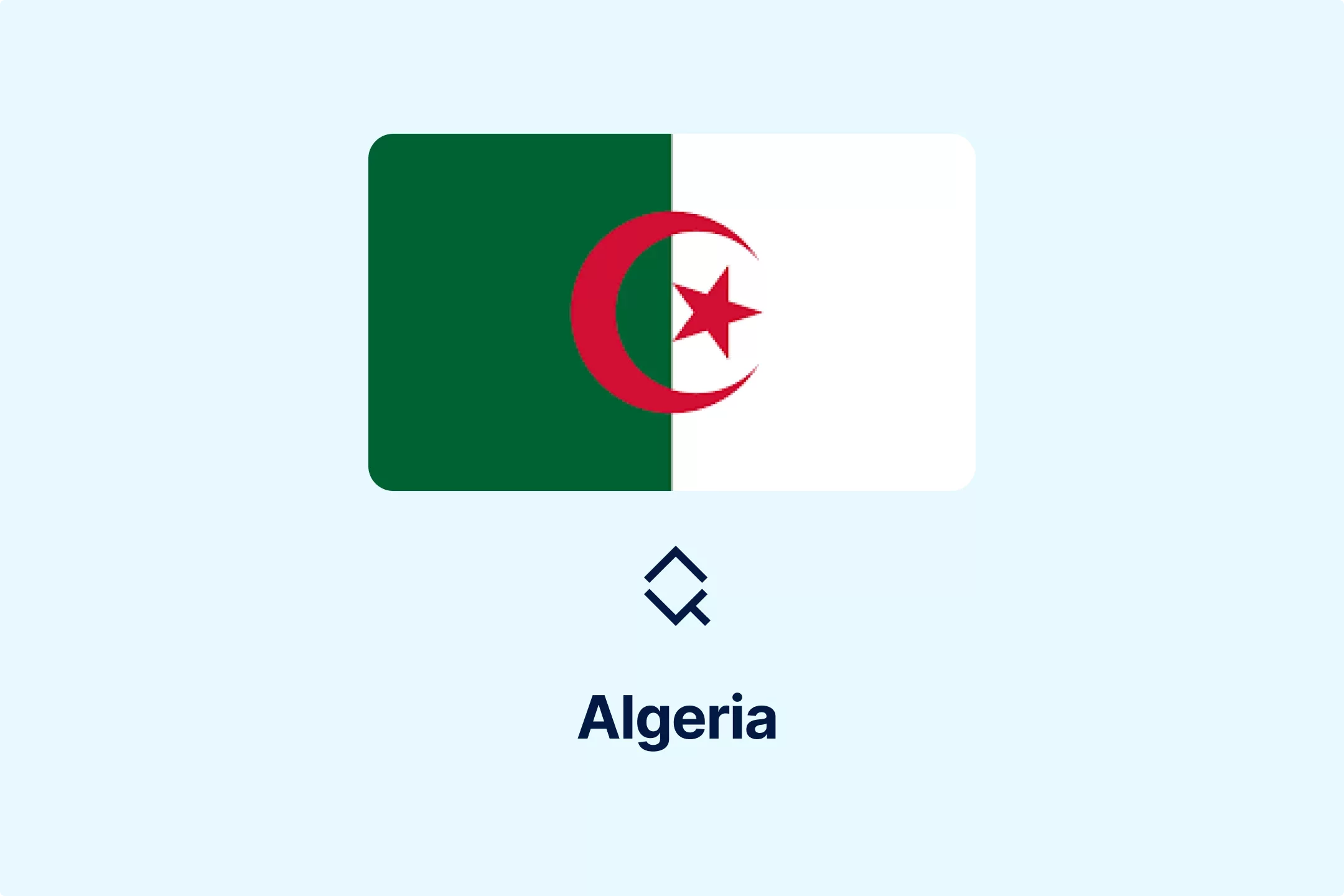Algeria 2026 Finance Law: Key Tax and VAT Reforms

Following the Council of Ministers' approval, the Algerian government forwarded the 2026 draft Finance Law to Parliament. The proposed draft of the 2026 Finance Law introduces a broad package of fiscal reforms affecting corporate and personal income taxes, VAT, customs, excise, and environmental taxes, alongside new administrative measures.
Proposed Measures Under the 2026 Finance Law
One of the key tax novelties proposed is the abolition of the optional real profit regime for non-resident companies without a permanent establishment, meaning they will now be taxed under the real-profit system instead of withholding tax. If adopted, the measure will significantly alter the management of deductible expenses and should ensure fairer taxation.
Furthermore, the draft proposed that for non-resident businesses engaged in engineering, procurement, and construction (EPC) turnkey contracts, the entire profit generated in Algeria, including those from equipment delivery, becomes taxable, even if invoiced separately. The measure aims to establish fiscal equality between domestic and foreign operators.
The Law introduces another novelty for non-resident businesses, requiring them to file copies of all contracts and amendments concluded in Algeria and to inform authorities of new agreements or terminations. Furthermore, profits generated by branches or permanent establishments of foreign companies will be treated as distributed dividends and taxed accordingly, even if not remitted abroad.
Regarding the VAT, the Law proposed the extension of exemptions for essential food imports and sales, such as rice, vegetables, fruits, and poultry, until December 31, 2026. Additionally, the 9% VAT reduced rate is expanded to include the renovation of old residential buildings, health-related catering and accommodation, vocational training services, and public transport.
Conclusion
From the proposed measures, it is clear that the 2026 Finance Law aims to ensure fair treatment between resident and non-resident businesses while supporting social measures through targeted VAT reliefs, as intended by the Algerian government. However, whether these proposed measures will become effective or not depends mainly on the final decision of the Parliament. Until then, taxable persons operating in Algeria should further monitor developments.
Source: Algeria 2026 Finance Law

More News from Algeria
Get real-time updates and developments from around the world, keeping you informed and prepared.
-e9lcpxl5nq.webp)





